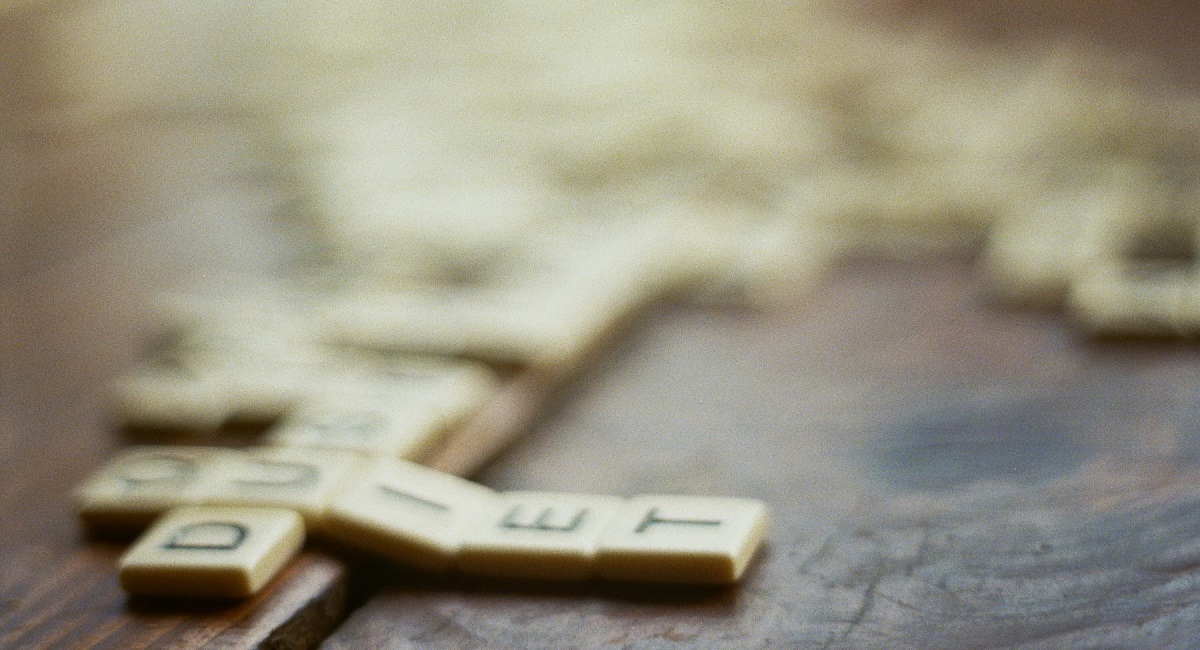
How to clean up your brain, part 2
- Sarah Weber
- December 15, 2020
- Comments Off on How to clean up your brain, part 2
Links in some blog posts may earn a commission for The Brain Cleanup Coach.
Photo by Moritz Schmidt on Unsplash
In the first blog post of this series I introduced you to a tool I developed to help you understand the coding in the biological machine you live in, starting with your brain.
W.E.B.
I call this tool W.E.B. It stands for Words, Emotions, Behaviors:
- Words are how you understand what your brain is thinking.
- Emotions are how you understand the communication between your brain and body.
- Behavior is how you understand what was communicated to your body.
In this article, we’re going to concentrate on WORDS.
WORDS
Words are very easy to take for granted.
You’ve probably heard of the anecdote from David Foster Wallace that goes something like this:
Two young fish were swimming along and they happen to come across an older fish swimming the opposite direction who asks “how’s the water?”
After swimming along a bit more, one of the younger fish turns to the other and asks “what the hell is water?”
In other words, sometimes we get so used to our environment, so efficient at using our acquired knowledge, we quit consciously recognizing that it’s there.
Language is like that. The miracle that is learning how to make sounds with air and vocal cords, then shape them with our mouths and tongues to make distinct sounds that another person can hear and understand is pretty wild.
And we can internally hear language, and speak to ourselves.
As a coach
As a coach, I ask a lot of questions. I do this because I want to know what my client’s brain is thinking. They convey those thoughts to me through language, or words.
If I prompt them with a writing exercise so they can become aware of their own thinking, they define those thoughts through words written down on paper.
Without words we would be like other animals, living our lives through some conditioned thinking, a lot of instinct, but without self awareness and the ability to communicate the complexities of our minds.
Words are your tools to understand the programming that was accepted by your brain as a child, and they are also the tools you use to change that programming should you want to. Words help you see:
- how you judge yourself
- how you judge others
- what you believe in
- what you disagree with
- what you like and why
- what you dislike and why
- who you think you are
- who you think you should be
Words define the energy of thought so you can intellectually understand it.
Without words, life might be far less complicated, but it would also be far less creative. The fact that your brain has the ability to apply language to everything it sees makes you dynamic far beyond any other creature.
The key to your potential
Words are also the key to unlocking your potential. I know that sounds cliché, but when you use words to define the energy of your thoughts, you discover where your thought boundaries exist. You identify the thoughts that limit and bound you to who you are now.
When you intellectually become aware of those boundaries because you define them with words, you start to understand yourself in a compassionate way. And then things get really fun, because you can start to use words as tools to change those boundaries.
But prior to that, it’s important to understand the other two components of the W.E.B. tool: emotions and behavior.
We’ll look at emotion in the next blog post.
Here are links to the this blog post series:
- How to clean up your brain, Part 1
- How to clean up your brain, Part 2
- How to clean up your brain, Part 3
- How to clean up your brain, Part 4
- How to clean up your brain, Part 5
SIGN UP FOR EMAIL
Like my content? I also deliver it by email. Sign up now to get on the list.




